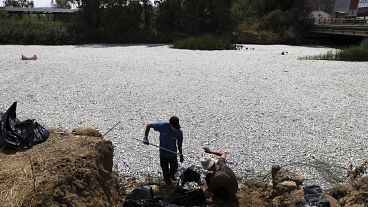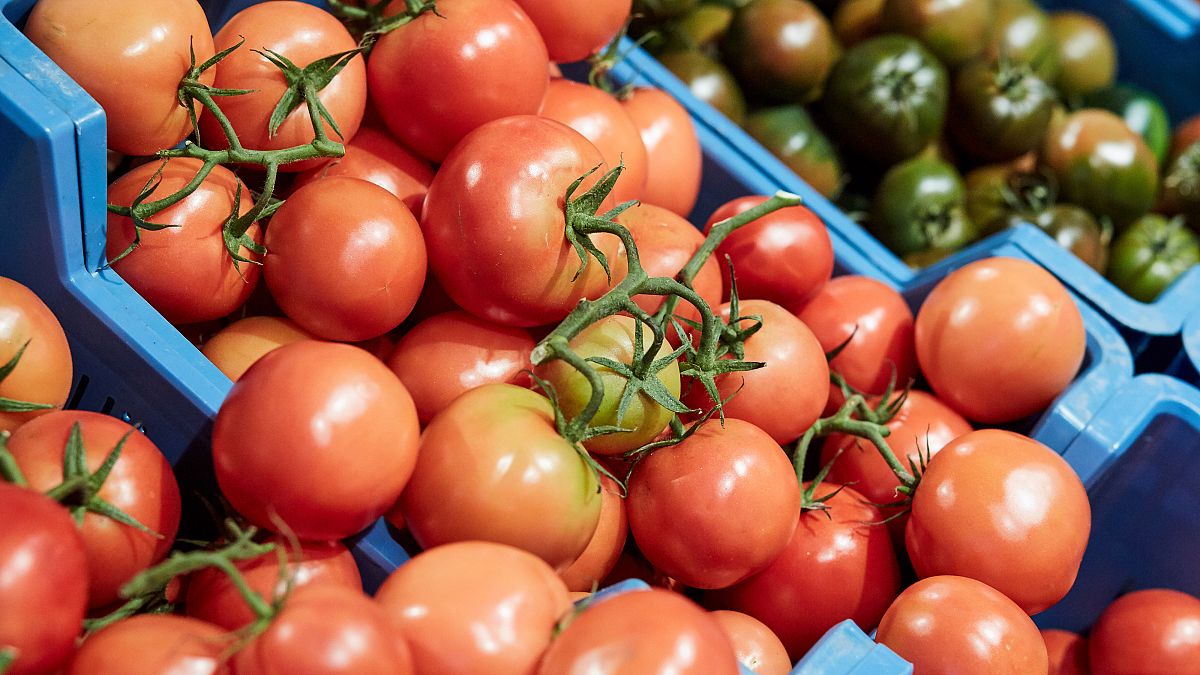Belgium's inflation rose to 10% in June, which makes it difficult for shoppers on a budget to fill their shopping carts when buying groceries.
Buying in supermarkets has become more expensive across Europe.
In Belgium, rising inflation is pushing consumers to think twice before they buy - which accounts for emptier shopping carts and higher grocery bills.
For many consumers, the only solution has been to be more mindful of what they buy, as costs add up quickly.
This has been the case for Letícia dos Santos, a mother of two. These days she's trying to find savings where possible to make ends meet.
"With two very young children you have [costs] with diapers, milk powder. We have many costs. When I go to the supermarket I always look for promotions. I always take things in promotion, especially meat. (...) I think the fruit and vegetables [prices] have increased," said Letícia.
With inflation, the prices of meat, bread, and vegetables are going up.
The cost of food has seen a sharp rise in the past months. According to data from Statbel, the Belgian office of statistics, food inflation (including alcoholic beverages) reached 8.44% in June compared to 6.32% the previous month.
In June, inflation in Belgium neared 10%, after reaching the highest level in 40 years in May. Energy prices are the main drivers of an increase in prices, but still, the contribution of food costs to the total is around 1.67%.
Many supermarkets have started promotions to encourage consumers to buy some products. But things are unlikely to change anytime soon.
Consumer organizations call for governments to act, talking about a structural problem.
"This inflation we see currently is not directly linked with the war in Ukraine. We've been feeling it already since last year. In fact, it was linked to the post-Covid-19 economic recovery, and increases in agricultural product prices, such as fertilizers, for example, also linked to higher energy prices," said Camille Perrin, from the European Consumer Organisation.
"It is also linked to increases in the prices of animal food we import for intensive breeding. It's not due to a problem of lack of supply. It is a structural problem that is here to last," she added.
Inflation is having a European-wide impact on household budgets, also facing rising energy bills. Estonia is the European country with the highest increase, 22% for June. Closely followed by Lithuania at a 20.5% rise.
The National Bank of Belgium predicts purchasing power won't increase significantly before 2023.












